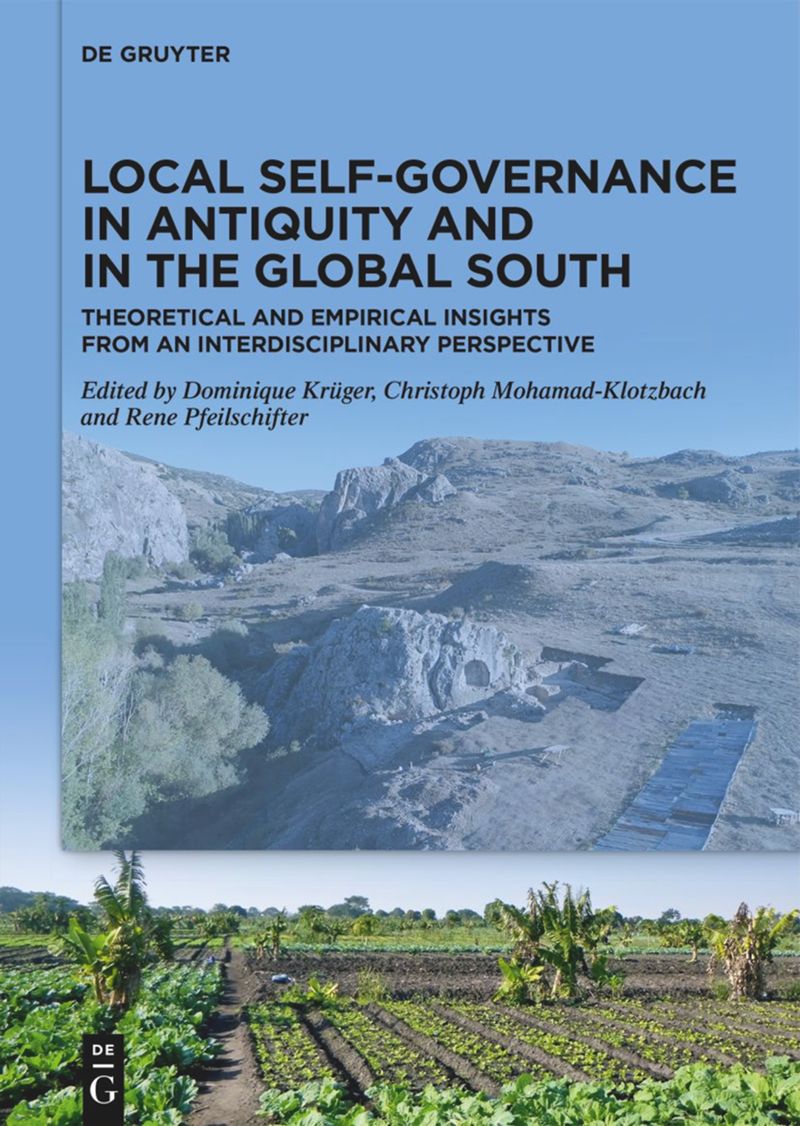Inês Macamo Raimundo • Migration theories have focused on causes of movements, demographic and economic impacts, and spatial distribution of migration flows. These theories have focused less on inclusive growth and ethnic cohesion in the context of migration. Published papers hardly discuss growth that centers on inclusive growth and migration and they do not address how ethnic cohesion has contributed to the integration of African migrants in each hosting country. While Africans fight each other in their countries of origin because of their different ethnicity, in host countries they develop ethnic ties that create conditions for integration and thus for inclusive growth. Maputo is a host city of the Great Lakes in Africa, a region where belonging to a different ethnic group is still a problem and can therefore be the reason for persecution or killing. A solution to this problem is to flee to other countries. One of the hosting countries is Mozambique, where, according to the interviewees, belong-ing to a different ethnic group is generally not a problem. As soon as they arrive in Maputo, the fugitives’ try to establish cohesion among other ethnic groups. WhileTutsi and Hutus try to live together, Nigerians claim that they are from Biafra and not from Nigeria. Although the differences of collective identities between Nigerians and Biafrans are so great, they do not show them publicly. Interviews conducted aspart of the Migration for Inclusive African Growth (MIAG) projects and previous studies on refugees from the Great Lakes Region formed the basis for this paper.This work must then address two questions: How does migration lead to ethnic cohesion that would normally cause tensions in the country of origin? And how can a host city accommodate ethnic differences?
BOOK
Local Self-Governance in Antiquity and in the Global South
January 11, 2023
CITATION
Raimundo, I.M. (2023). Migration in Maputo City and Ethnic Cohesion among Africans: To What Extent Do Ethnic Ties Contribute to Inclusive Growth? In D. Krüger, C. Mohamad-Klotzbach and R. Pfeilschifter (Eds.), Local Self-Governance in Antiquity and in the Global South (Berlin/Boston: Walter de Gruyter GmbH), pp. 417-437.

Featured City
Maputo, Mozambique
Featured Country
Mozambique
